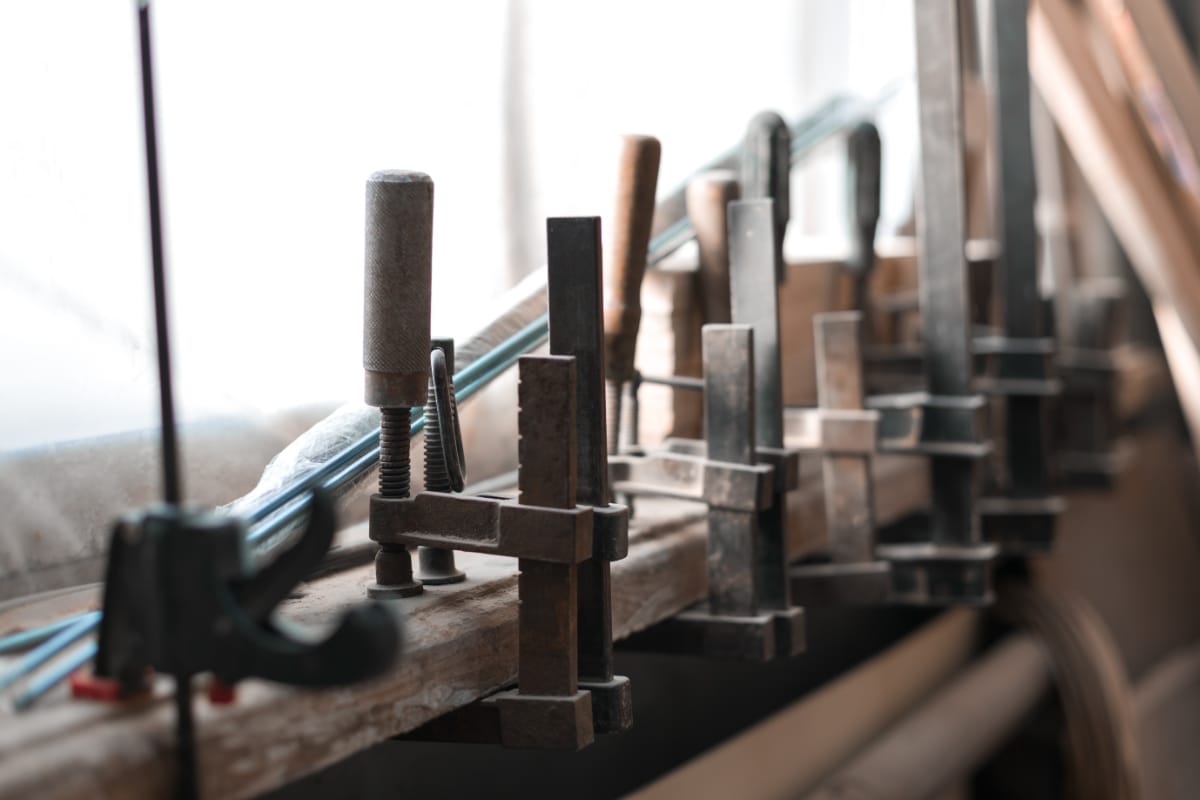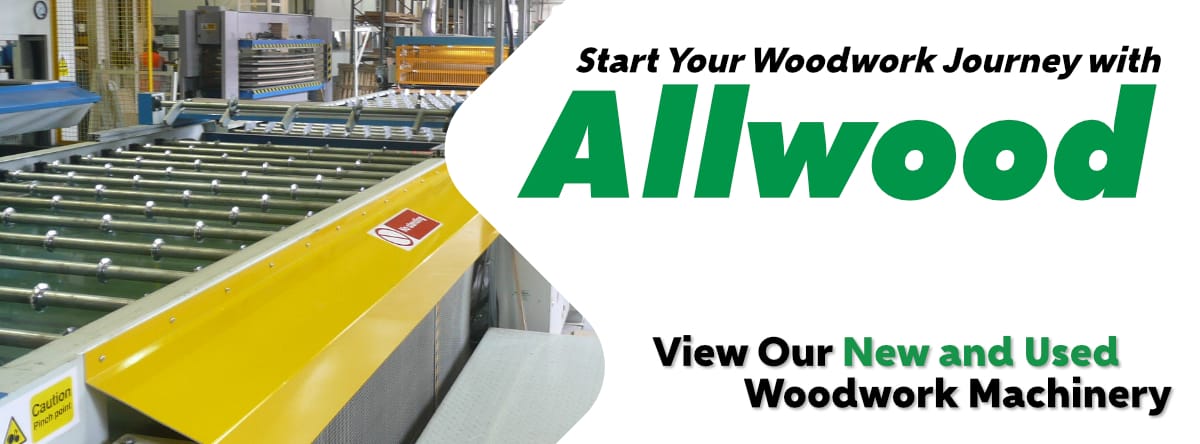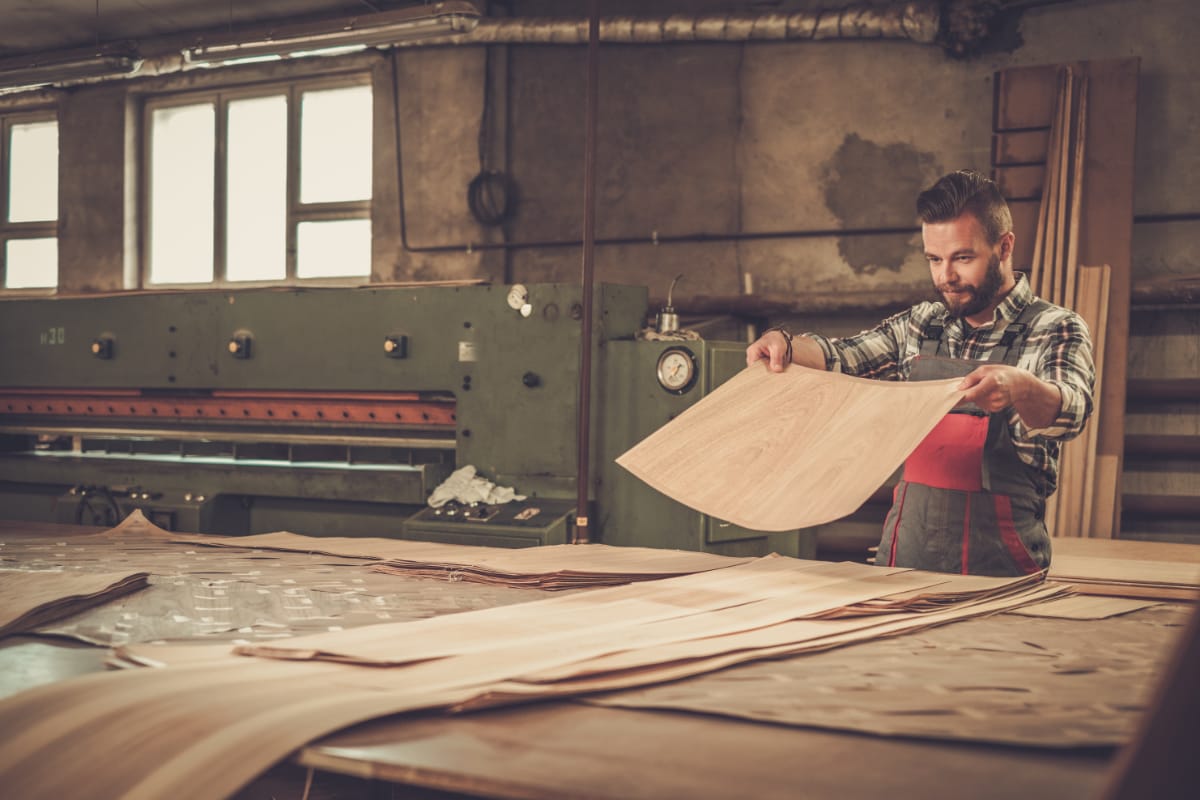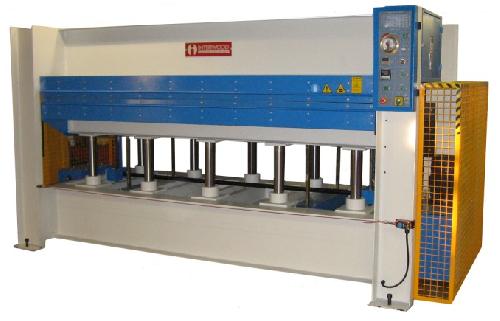Optimising Production: How a Quality Press Machine Can Streamline Your Woodworking Operations
In today's competitive woodworking industry, simply making a good product isn't enough. Efficiency, speed, and consistency are paramount to profitability and growth. This is where the principles of lean manufacturing come into play - a methodology focused on maximising customer value while minimising waste.
For woodworking businesses, a Bespoke Industrial Press Machines isn't just another piece of equipment; it's a strategic investment that can become the cornerstone of a truly lean production line.
What is Lean Manufacturing in Woodworking?
At its heart, lean manufacturing is about identifying and eliminating "waste" across all processes. In a woodworking context, this waste can take many forms:
- Overproduction: Making more than needed, leading to storage costs and potential material degradation.
- Waiting: Idle time for materials, machinery, or personnel.
- Unnecessary Transport: Moving materials further than necessary.
- Over-processing: Doing more work on a product than is required by the customer.
- Excess inventory: Holding too much raw material or finished goods.
- Motion: Unnecessary movement by workers.
- Defects: Rework or scrap due to errors.
- Under-utilised Talent: Not leveraging employees' full skills and creativity.
The goal is to create a continuous flow of value to the customer, improving quality, reducing lead times, and lowering costs.
How a Quality Press Machine Supports Lean Principles
Your press machine, often a central point in many woodworking operations (think veneering, laminating, panel production, or assembly), has a profound impact on several of these waste categories. A quality press machine, specifically, is engineered to actively reduce them:
1. Eliminating Defects
A premium press machine offers:
- Precise, Consistent Pressure Distribution: This is critical for strong, uniform bonds in veneering or laminating, preventing bubbles, de-lamination, or uneven surfaces that would otherwise lead to costly rework or scrap.
- Accurate Temperature Control: For heated presses, consistent and even heat across the platen ensures optimal adhesive curing, reducing the risk of bonding failures.
- Robust Construction: Minimal vibration and deflection ensure that every pressing cycle yields a perfect result, reducing the need for quality control checks and adjustments.
2. Reducing Waiting Time
- Faster Cycle Times: Efficient hydraulic systems, quick heating/cooling capabilities, and intuitive controls on a quality press can significantly reduce the time each workpiece spends in the machine.
- Reliable Operation: Fewer breakdowns mean less unscheduled downtime for maintenance, keeping your production line moving smoothly.
- Quick Setup and changeovers: Modern presses often feature user-friendly interfaces and quick-change tooling (if applicable), allowing for rapid transitions between different jobs or material types.
3. Minimising Over-processing & Motion
- "Right First Time" Output: By consistently delivering perfect results, a quality press reduces the need for secondary operations like sanding out imperfections or re-pressing sections, thus eliminating over-processing.
- Ergonomic Design: Well-designed presses consider operator interaction, positioning controls and loading areas to reduce unnecessary movement and fatigue, improving efficiency and safety.
4. Managing Inventory
While not solely controlled by the press, its efficiency plays a role:
- Predictable Throughput: Knowing your press can consistently meet production targets allows for more accurate scheduling and "just-in-time" material ordering, reducing the need for large buffer inventories.
- Flexibility for Smaller Batches: If your press can quickly change over, it supports producing smaller, demand-driven batches, avoiding overproduction and the costs associated with storing finished goods.
The Strategic Advantage of Investing in Quality
While the initial investment in a top-tier woodworking press machine might seem higher, the long-term returns in a lean environment are undeniable. You gain:
- Increased Throughput: Produce more, faster, with fewer resources.
- Superior Product Quality: Delivery consistent, high-standard products that impress customers and reduce returns.
- Reduced Operational Costs: Save on material waste, energy consumption, and labour due to fewer errors and more efficient processes.
- Enhanced Employee Morale: Less frustration from faulty equipment and more pride in producing quality work.
- Competitive Edge: Become known for efficiency, reliability, and delivering on time.
Our Commitment to Your Lean Journey
At Allwood, we design and manufacture woodworking press machines with lean principles at their core. We understand that precision, durability, and user-friendliness are not just features, but essential tools for optimising your production flow. We're dedicated to helping our customers achieve greater efficiency, reduce waste, and ultimately, build more profitable and sustainable woodworking operations.
Ready to transform your production line? Contact us today to discuss how our range of woodworking press machines can help you embrace lean manufacturing principles and drive your business forward.



